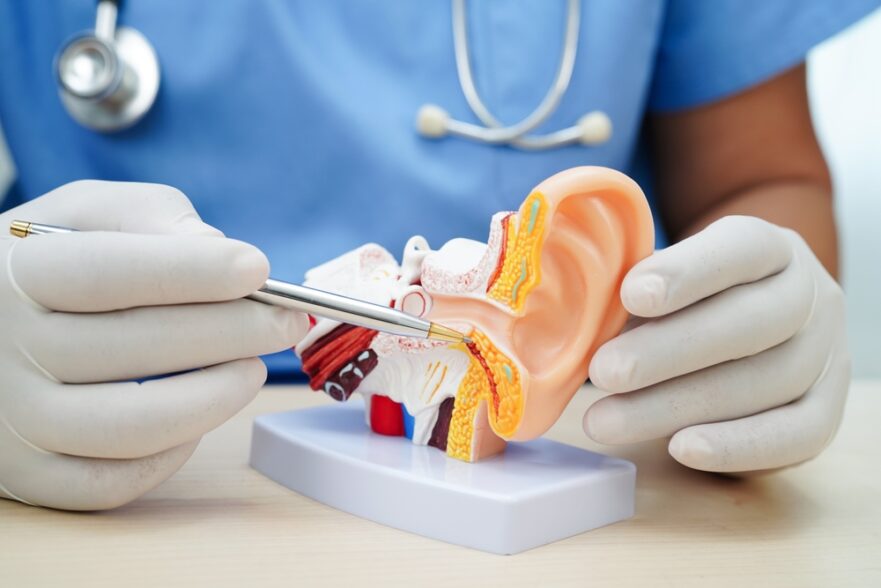An estimated 50 million people in the United States live with tinnitus, which can make life difficult. The sounds created by tinnitus can be loud and constant, blocking out other sounds and making it difficult to concentrate or sleep. Although it can occur independently, tinnitus often occurs in conjunction with hearing loss. Here’s more about tinnitus and its link to hearing loss from the hearing loss experts at Fairway Hearing Center.
What is Tinnitus?
Tinnitus is the medical term for a ringing or other sound in the ears that occurs independently of any real sounds. If you have tinnitus, you may hear ringing, clicking, pulsing, humming, or rushing in your ears that no one else can hear. These sounds may be fairly quiet, or they can be so loud that you can’t hear anything else.
Tinnitus can be a symptom of several other health conditions rather than a disease or condition of its own. Many of the conditions that cause tinnitus are related to hearing loss or ear injuries. Although the physical mechanism for tinnitus is not well understood, those in the medical community believe it is caused by random electrical impulses coming from the ears that the brain interprets as sounds.
Conditions Associated with Tinnitus
Tinnitus can be caused by any of the following:
- Age-related Hearing Loss – As you age, the delicate hairs in your inner ear that pick up sounds and transmit them to your brain can become damaged or bent. When this happens, they may transmit electrical signals to your brain that you can hear, but that are not caused by any real sound. Tinnitus can occur at any age, but it is most common among people over the age of 40.
- Noise-induced Hearing Loss – Loud noises can also damage the hairs in your inner ear. This can happen after a single loud noise, like an explosion, or after years of exposure to loud noises, such as when it could occur in people who work in a loud environment or attend a lot of loud concerts.
- Ear Injuries – Physical damage to the hairs in your inner ears, the nerves that transmit their signals to the brain, or to the brain’s hearing center can all cause tinnitus.
- Ear Wax Buildup – Obstructions in the ear canal can cause temporary hearing loss or sounds.
- Ear Infections – Again, this condition can cause temporary hearing loss or tinnitus.
- Medication Side Effects – many types of antibiotics, antidepressants, cancer drugs, and NSAIDs can cause ringing in the ears.
Although tinnitus can have many causes, it is usually associated with some type of hearing loss. Dr. Gayla Poling of the Mayo Clinic states that 90% of those with tinnitus also have hearing loss. If you have hearing loss, whether from age, from noise exposure, or from another source, you are very likely to experience tinnitus as well.
Treating Tinnitus
While there is no cure for tinnitus, an audiologist can help you address the underlying causes or treat the symptoms. For example, if your tinnitus is caused by a wax blockage or an ear infection, treating those conditions will usually solve the issue. White noise generators are another treatment option that can help to distract the brain from tinnitus sounds and reduce your symptoms. In most cases, tinnitus related to hearing loss can be treated with a hearing aid or tinnitus masker.
If you have tinnitus, we suggest speaking to a doctor or audiologist as soon as possible. Without treatment, your symptoms will probably not go away, and they can worsen over time. At Fairway Hearing Center, we can assess your tinnitus symptoms and suggest some options for treatment. Contact us today if you need a hearing specialist in Dewey Beach or anywhere else in Delaware. You don’t have to let tinnitus control your life! The team at Fairway Hearing Center can help.

